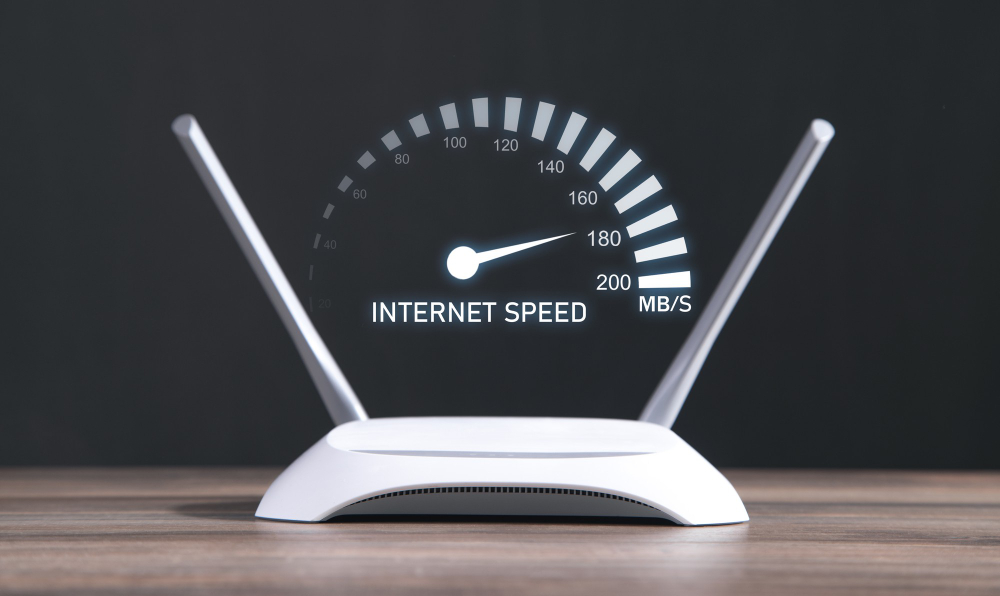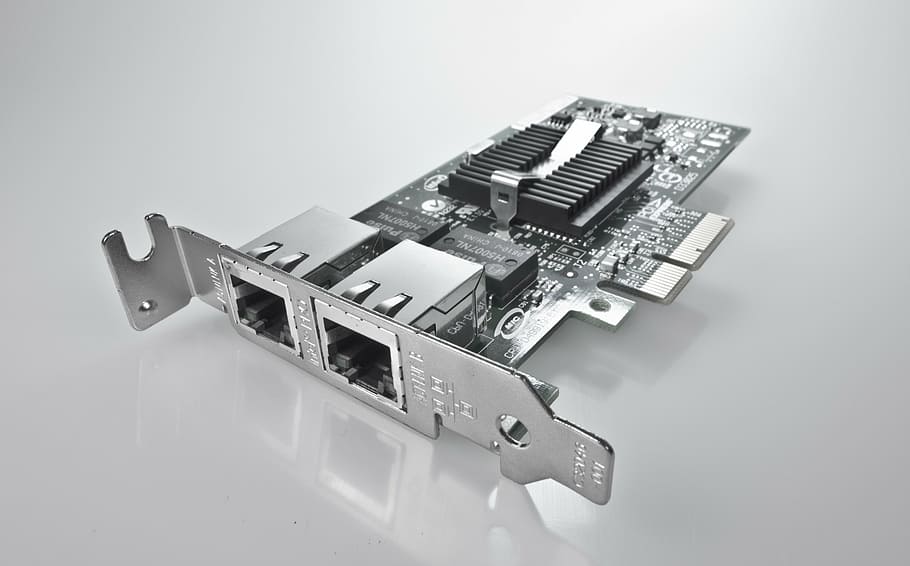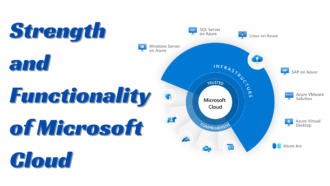Most Common Types of Network Devices For Your Business
Building a business network involves a variety of devices, including physical hardware and virtual devices. Although home networks usually have only a few devices, such as a modem and a router, a business network can consist of thousands of devices located on-site and in remote locations. Enterprise network infrastructures can be complicated digital ecosystems, typically encompassing a variety of network devices, commonly including routers, switches, and servers.
As businesses expand their networks, they may need to add more devices. With expert consultation, this can be done smoothly and cost-effectively. Experts collaborate with large organizations to optimize their networks for maximum efficiency and performance. Businesses can use IT Support San Francisco experts to improve their network infrastructure.
This article will explore the most common networking device types and how they work together.
What are Network Devices?
Network devices are hardware components that connect computers and other electronic devices in a network. These devices enable the transfer of data, information, and resources between different devices within a network. Some common examples of network devices include routers, switches, modems, and wireless access points.
Each device has a specific role and function in managing and directing data flow within the network. Routers, for example, are responsible for forwarding data packets between different networks, while switches connect multiple devices within a local area network (LAN). To choose the right networking device for your business, visit Managed IT Services experts.
8 Most Common Types of Networking Devices For Businesses
Access Points
Access points are a common network device businesses use to provide wireless connectivity. They act as a central hub, allowing devices to connect to a network wirelessly. Access points are typically connected to a wired network and transmit wireless signals, allowing devices like laptops, smartphones, and tablets to access the network. They are essential for creating a reliable and secure wireless network infrastructure within a business.
Access points can support multiple devices simultaneously and provide seamless connectivity throughout the premises. They are essential in modern business networks, enabling employees and guests to access the internet and company resources without physical connections.
Network Bridge Device
A network bridge is a popular networking device commonly used in business environments. Its primary function is to connect multiple networks, allowing them to communicate with each other and transfer data. The network bridge operates at the data link layer of the OSI model and works by forwarding data packets between different network segments.
It helps improve network performance and efficiency by reducing congestion and improving overall network connectivity. Network bridges are commonly used in local area networks (LANs) to connect different departments or buildings within a business. They can also connect LANs to wide area networks (WANs) or the internet.
Network Modems
A network modem is a crucial network device for businesses that allows the connection between the local area network (LAN) and the vast area network (WAN). It bridges the two networks, converting digital signals from the LAN into analog signals that can be transmitted over telephone lines or cable lines.
Modems are responsible for establishing and maintaining a stable internet connection, allowing businesses to access online resources and communicate with clients and customers. They come in various types, such as dial-up, cable, DSL, and wireless modems, each suited to different internet connections. When selecting a modem for your business, it is essential to consider factors such as speed, compatibility with your internet service provider, and security features to ensure a reliable and secure network connection.
Router Enables Internet Access
A router is one of businesses’ most common network devices to enable internet access. It serves as a central hub that connects multiple devices to a network and allows them to communicate with each other and access the internet.
Routers use routing tables to determine the best path for data packets to travel between networks, ensuring efficient and secure communication. They also provide firewall protection and virtual private network (VPN) support, which enhance network security.
Network Switch
A network switch is a popular type of networking device that is widely used in businesses. It acts as a central hub that connects several devices within a local area network (LAN) and allows them to communicate with each other. Network switches are crucial for building a reliable and efficient network infrastructure as they facilitate the sharing of resources and data between connected devices.
They come in various sizes and configurations, ranging from small desktop switches for home offices to large enterprise switches for complex networks. When choosing a network switch for your business, it is essential to consider the number of ports needed, the speed and capacity requirements, and any specific features or functionalities required for your network setup.
Network Interface Cards (NICs)
Network Interface Cards (NICs) are a widely used type of network device in businesses. They are hardware components that enable computers and other devices to connect to a network. NICs provide the essential interface between the device and the network, allowing for the transmission and reception of data.
NICs come in different forms, including wired Ethernet cards and wireless adapters, and can be installed internally or externally, depending on the device. The main function of a NIC is to convert digital data into a format that can be transmitted over the network, ensuring efficient communication between devices. Having reliable and high-performing NICs is essential for maintaining a stable and secure network infrastructure in a business setting.
Proxy Servers
Proxy servers are a common network device businesses use to enhance security and improve network performance. A proxy server serves as an intermediary between client devices and the internet. It forwards client requests to web servers and returns the responses to the clients.
It allows businesses to control and monitor internet traffic, filter out malicious content, and cache frequently accessed web pages, resulting in faster browsing speeds for users. In addition, proxy servers can help protect users’ privacy by masking their IP addresses and encrypting data transmitted over the network.
Network Attached Storage (NAS)
Network Network-attached storage (NAS) is one of the most common types of network devices used in businesses today. NAS devices are dedicated file servers connected to a network and provide centralized storage for data and files.
These devices are typically used to store and share large amounts of data, such as documents, videos, and images, across multiple computers and users within a business. NAS devices are easy to set up and manage, making them a popular choice for businesses of all sizes. They offer data backup and recovery features, remote access, and expandable storage capacity.
In Conclusion
The diverse network devices offer businesses a powerful tool to build robust and efficient infrastructures. Each device is critical in ensuring seamless connectivity, data integrity, and network security, from the foundational routers and switches to the wireless access points. Selecting the right combination of devices tailored to your business needs is pivotal for fostering productivity, scalability, and resilience in an increasingly interconnected world. These connection devices in networking empower businesses to adapt, innovate, and thrive in today’s dynamic digital landscape.



















